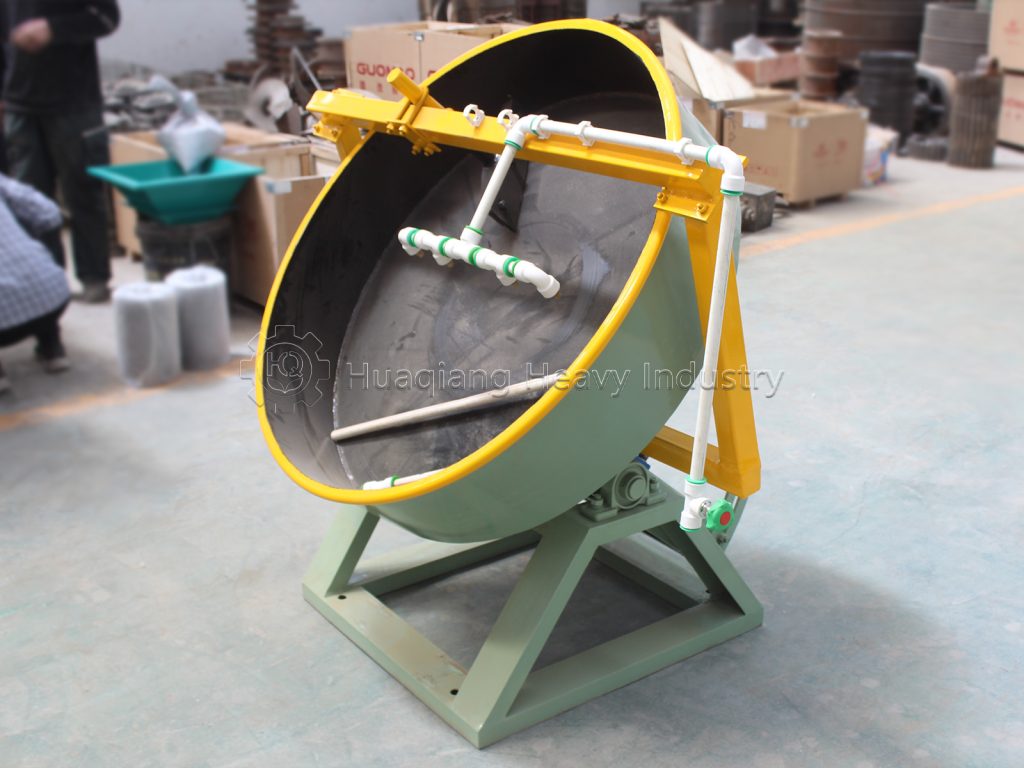In industries requiring granular materials, such as fertilizers, building materials, and metallurgy, the choice of granulation equipment directly impacts production efficiency and product quality. Disc granulators, with their numerous advantages, have become the preferred equipment for many companies.

In terms of granulation efficiency, disc granulators excel. Their unique disc design allows the material to quickly form a stable trajectory during rotation, shortening the time it takes for the material to aggregate and granulate. For example, in fertilizer production, under similar operating conditions, a disc granulator can process dozens of tons of raw materials per hour, increasing efficiency by over 30% compared to traditional granulation equipment. This significantly reduces production cycle time and meets the needs of large-scale production.
Granulation quality is a key consideration when choosing a granulator, and disc granulators offer significant advantages in this regard. By precisely controlling the disc’s rotational speed, inclination, and material moisture content, they achieve uniform granule size, typically maintaining a stable diameter of 2-5 mm. The granules are also strong and resistant to breakage. This characteristic is particularly important in fertilizer production. High-quality granulated fertilizers are not only easy to store and transport, but also ensure uniform nutrient release, improving fertilizer utilization and enhancing product market competitiveness.
The disc granulator’s wide range of applications is a key factor in its popularity. It can efficiently adapt to applications ranging from organic fertilizer and compound fertilizer production lines to the processing of building materials such as cement and expanded clay, and even to the granulation of metal ore powders. Different materials require only adjustments to relevant parameters, eliminating the need for large-scale replacement of equipment components. This reduces equipment costs associated with producing different products and enhances production flexibility.
Disc granulators also offer advantages in terms of energy consumption and cost. Their relatively simple structure and low power consumption during operation can reduce energy costs per ton of material produced by 15%-20% compared to other types of granulators. Furthermore, the equipment’s low manufacturing and maintenance costs, along with the limited number of wearing parts and easy replacement, reduce ongoing operating expenses and offer significant financial savings.
Overall, the disc granulator‘s advantages in efficiency, quality, applicability, and cost make it an ideal choice for granulation production.